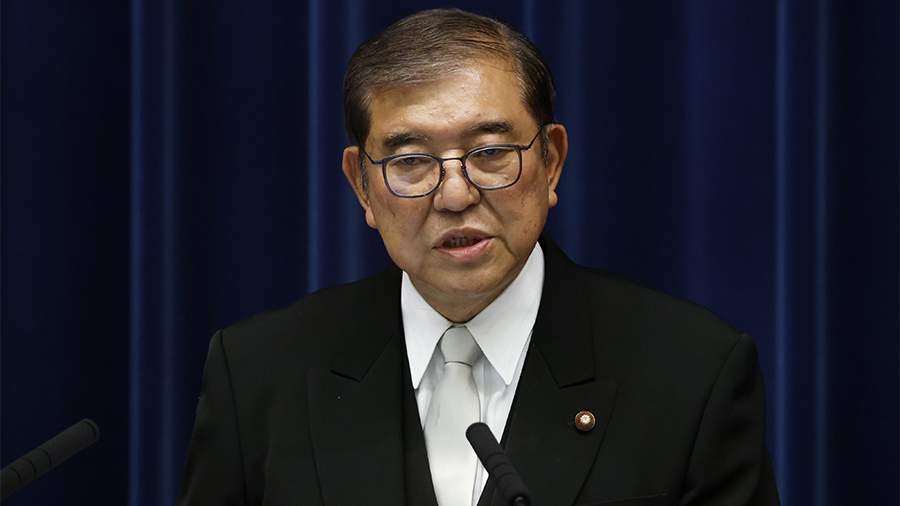Japan's prime minister apologized for officials' idea of a nuclear test site in the Kurils
- Новости
- World
- Japan's prime minister apologized for officials' idea of a nuclear test site in the Kurils

Proposals by Japanese officials to create a nuclear waste dump on the Kuril Islands are irresponsible and inappropriate. This was stated by Japanese Prime Minister Shigeru Ishiba on February 3, as quoted by the Mainichi Shimbun.
The newspaper recalled that on January 23, a briefing was held on a proposal to establish a nuclear test site on the Kuril Islands, to which an official of the Natural Resources and Energy Agency said it was tempting but difficult to implement, and a representative of the Nuclear Waste Management Organization (NUMO) said it would allow "killing several birds with one stone" (the Japanese equivalent of the saying "killing two birds").
"I'm very sorry. I am absolutely sorry for the inappropriate remarks. <...> As the person in charge of the government, I deeply apologize," Ishiba said.
He said that such words of the officials show their "promiscuity," arrogance and conceit, they should not have said such things.
Earlier, on October 31, 2024, Rospotrebnadzor for Primorsky Krai once again studied water samples in the Sea of Japan and concluded that the level of radionuclides there does not exceed permissible values.
Japan began discharging radiation-cleaned water from the Fukushima-1 nuclear power plant (NPP) into the ocean in August 2023. The government of the country indicated that this water is generally cleaned of radioactive substances, only the hydrogen isotope tritium remains in it, and therefore the discharge is safe for nature. Russian Foreign Ministry spokeswoman Maria Zakharova pointed out that Japan plans to discharge nearly 1.5 million tons of radioactive water contaminated with tritium, carbon-14, potassium-40, strontium-90, iodine-129, as well as cesium and plutonium isotopes.
In addition, on January 25, 2024, it was reported that about 54.6 tons of treated water was planned to be discharged into the ocean from Fukushima Daiichi within a year. The possibility of removing molten nuclear fuel from the plant was also studied.
In March 2011, an accident occurred at the Fukushima Daiichi nuclear power plant, triggered by the strongest earthquake in Japan's history and the tsunami that followed. A decision was made to shut down the power plant, while water continued to accumulate in the plant's reservoirs to cool the damaged reactors. The country's authorities say the water is generally clear of radioactive substances and contains only the isotope of hydrogen, aka tritium. The tanks are almost 90% full, and the question of how to dispose of the water has been under consideration since 2013.
Переведено сервисом «Яндекс Переводчик»
